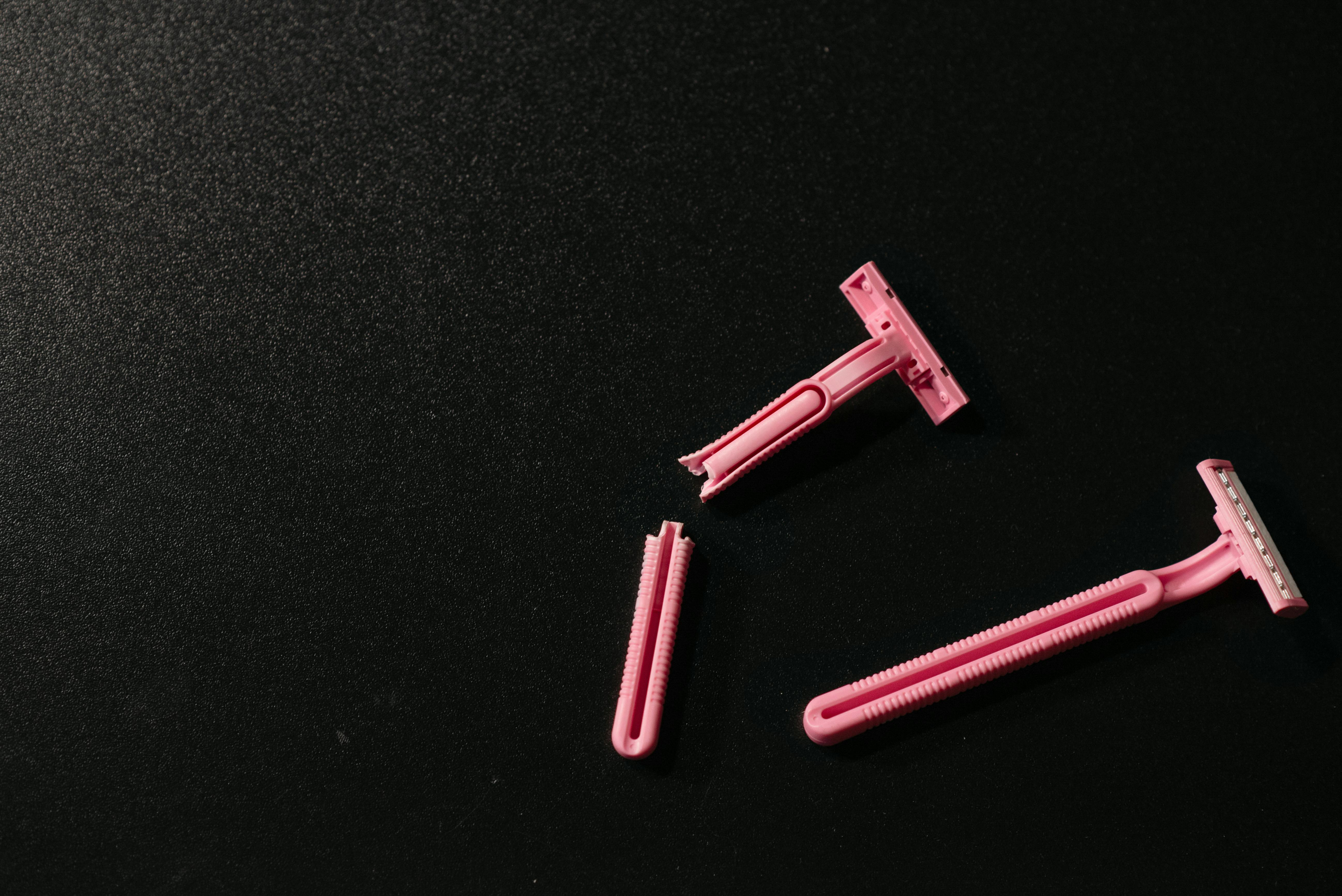BUY AN EXPERT FIRST
It can be tempting for someone to consider handling the purchase or sale of an aircraft on their own. Nobody wants to spend money if they feel they have the resources to achieve the desired goal on their own. Maybe they have a skilled aviation manager, head of maintenance, a great corporate lawyer, or a business partner who has been down this road before. Consider, though, that these people, no matter how skilled they are at what they do, have only been through the process of buying or selling aircraft once, twice, maybe a few times in their lives. The aviation broker does it for a living, over and over again, in many different scenarios. Hiring a good broker is an insurance policy against making mistakes. In fact, it could be argued that an aircraft broker’s No. 1 job is to prevent the customer from making mistakes.
Today, an aircraft broker is not just someone who brings together a buyer and a seller. The following is a list of some of the things, and of course not the only things, that a good aviation broker should be able to do for you:
• Although there is a lot of information available on the Internet, the interpretation of the information is essential. A trusted broker follows the market every day, knows and understands the market, and can interpret trends.
• On the selling side, a trusted broker will professionally photograph the aircraft, create a color brochure, use other marketing materials, perhaps videos, use email communication, print advertising, and perhaps Facebook and Twitter.
• If you purchase an aircraft, an analysis of the customer’s aircraft utilization requirements should be performed to determine the appropriate aircraft models for your mission, whether to purchase new or used, or supplement with fractional ownership or jet cards, for example. This process is useful even when the customer thinks he knows exactly what he wants. The analysis can serve to reinforce your decision or offer alternative options that might be preferable. The ultimate goal is to have an informed customer and avoid costly disappointments. And part of this evaluation process is an exit strategy. Future market value and marketability must be part of the purchase equation. The value of an aircraft includes its life cycle: Purchase, Use and Sale.
• With the above in mind, one of the most important functions a broker performs for a buyer or seller is to price an aircraft. Nothing beats a good knowledge of the market for this process. Pricing an aircraft correctly is critical to the selling process. While the goal is to provide the seller with a good price for an aircraft, a realistic price is required to sell an aircraft. Rather, understanding the market in a purchase transaction is even more critical to not overpaying and getting the best value.
• An accredited broker will come to the site to physically examine an aircraft, either for sale or purchase. An examination of log books will be performed, maintenance status will be assessed, service bulletins and airworthiness directives will be checked, cosmetics will be assessed, and equipment will be inspected and listed.
• An aircraft broker normally negotiates the purchase or sale for the client in conjunction with the client’s attorney. Market knowledge, technical knowledge and transactional experience are the tools for a successful transaction, whether buying or selling, and this is especially true for international transactions. There are a number of considerations in an international transaction for which a good experienced broker can be of great help. Regulations are different in other countries and an aircraft must meet FAA regulatory standards regarding equipment and modifications if it is to be registered in the US, and if exported, there are foreign country regulatory concerns . There are link searches, opt-out and registration issues, and import and export requirements that need to be addressed.
• An experienced broker can be of great help in the pre-purchase inspection, a process that is adversarial in nature because it involves issues for both the buyer and the seller. Determine the condition of the aircraft and if it is as represented, what needs to be fixed, and who is going to pay for discrepancies found. Some brokers have in-house technical experts who will come to the site for this important inspection to mitigate risk to their client. They will ensure that the client is protected from unnecessary expense, that only the agreed scope of inspection is met, and that no invoice is submitted for anything that has not been pre-approved. If you are the buyer, you want all discrepancies within the scope of the inspection discovered. If you are the seller, you want to be sure that you are not being held responsible or billed for something that should go to the buyer within the scope of the agreed inspection.
• A good broker can help orchestrate a successful closing by coordinating with the various people and companies that may be involved in the transaction, such as attorneys, an escrow agent, a similar foreign exchange agent, tax people, a manager of aviation, a chief pilot, a maintenance manager and financing banks.
Attempting to make an acquisition or disposition on your own with the intention of saving yourself the brokerage fee can be insane. When this approach is chosen, it usually costs the inexperienced aircraft buyer or seller wasted time, movement, and money. There may be missed opportunities, deals that go nowhere, higher legal fees, problems dealing with the other party’s employees or representatives, all of which can result in frustration, disappointment, and most importantly, there is money on the table.



